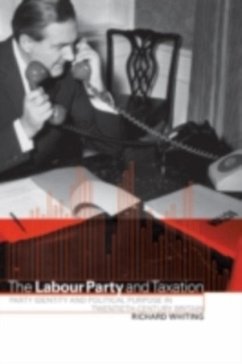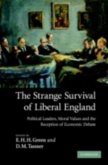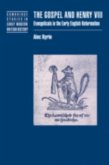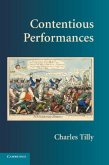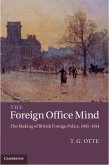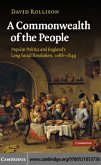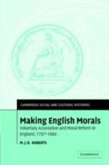This is a political history of Labour's use of the tax system from 1906 to 1979: an epilogue brings the story up to the present, surveying New Labour's tax policies and dilemmas. Richard Whiting's broad-ranging, lucid and readable study examines how Labour used tax to further its political aims of funding welfare, managing the economy, promoting fairness and achieving greater equality. Whiting also shows the limits of Labour's ability to achieve a more equal society in this way, assesses the ability and standing of key figures in the Labour movement, and delineates the problems caused by the political role of the trade unions. This study provides an original perspective on Labour's history, and is a valuable contribution to understanding both the tax structure and the politics of twentieth-century Britain more generally.
Dieser Download kann aus rechtlichen Gründen nur mit Rechnungsadresse in A, B, BG, CY, CZ, D, DK, EW, E, FIN, F, GR, HR, H, IRL, I, LT, L, LR, M, NL, PL, P, R, S, SLO, SK ausgeliefert werden.

